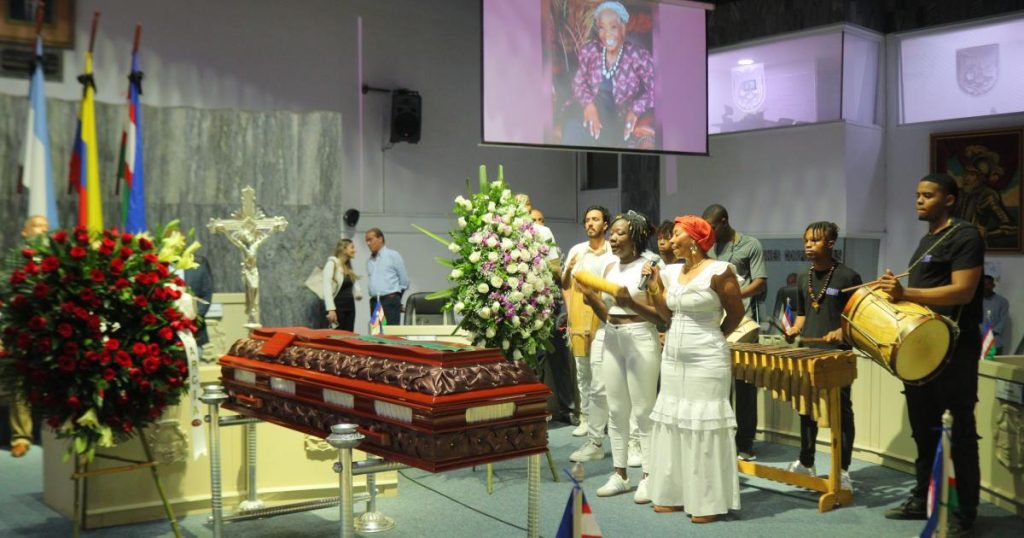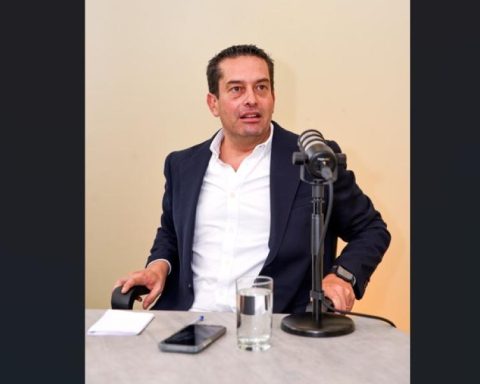After exceeding R$6 for the first time in history, the spot dollar closed just below this level in Brazil, at R$5.98, reflecting this Thursday (28) the market’s distrust in relation to the fiscal package announced by the federal government.
Despite strong pressure on the foreign exchange market for the second day in a row, the Central Bank once again chose not to hold extra currency auctions to accommodate prices — a practice that has been repeated in recent years. On Wednesday (27), even before the official announcement of the package, the US currency surpassed the R$5.90 barrier in light of the financial market’s expectations for the economic measures.
The spot dollar closed the day with a strong increase of 1.30%, quoted at R$5.9910. This is the highest nominal closing price in history, having surpassed the previous record. In 2024, the currency accumulates an increase of 23.49%.
At 5:27 pm, the dollar for December — the most liquid currently in Brazil — rose 0.64%, to R$5.9975.
Tax package
With the aim of adapting the explosion in public spending in the coming years and surviving the fiscal framework in force since last year, the government announced, on Wednesday night (27), a mandatory spending cut package. Estimated, according to the economic team, at R$70 billion in two years (R$30 billion in 2025 and R$40 billion in 2026), the resource saving it was detailed this Thursday morning (28) by Finance Minister Fernando Haddad; of Planning and Budget, Simone Tebet; and from the Civil House, Rui Costa.
Among the main points of the cost containment proposal are the medium-term reduction of the salary bonus and a cap on the adjustment of the minimum wage. To distribute the impact of the cuts to the richest, the government proposes to end loopholes that circumvent the ceiling on super salaries in the public service and reform military pensions.
The package also provides for a limitation on the granting of tax benefits while the government’s accounts are in deficit and a cap on the growth of parliamentary amendments.
The government also announced exemption from Income Tax for those earning up to R$5,000. The changes in IR, the government informed, will have zero impact on public accounts and anticipate the second phase of the tax reform, which deals with the collection of Income Tax.
Earlier, during the interview detailing the fiscal package, minister Fernando Haddad said that the financial market has made mistakes in its projections and need to do a “reread”.
“It’s not that he made a few mistakes. The market posted 1.5% growth [do Produto Interno Bruto, PIB]and we have almost 3.5% growth”, highlighted the minister, citing projections from the beginning of the year. Haddad also said that the market estimated a deficit in public accounts of 0.8% of GDP, while the government expects to record a deficit of 0.25% of GDP for the year.
“The market also has to reinterpret what the government is doing. Neither in growth nor in deficit did the market get it right”, he added.
* With information from Reuters















